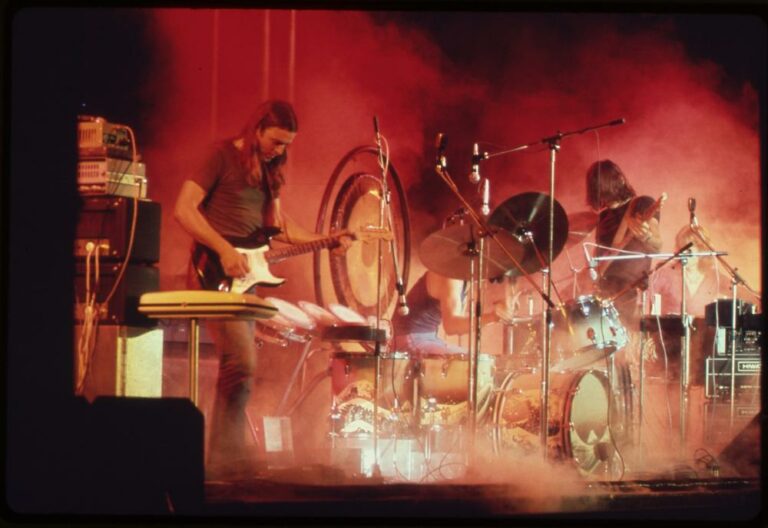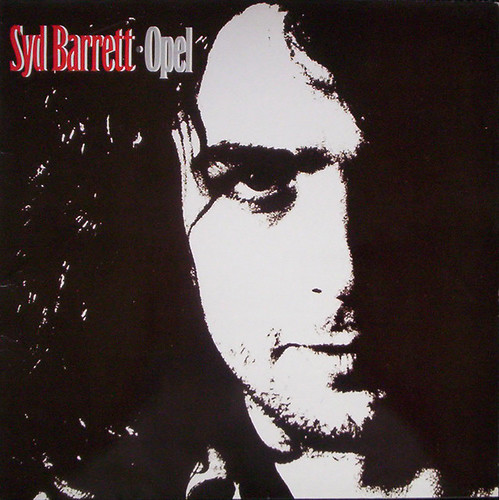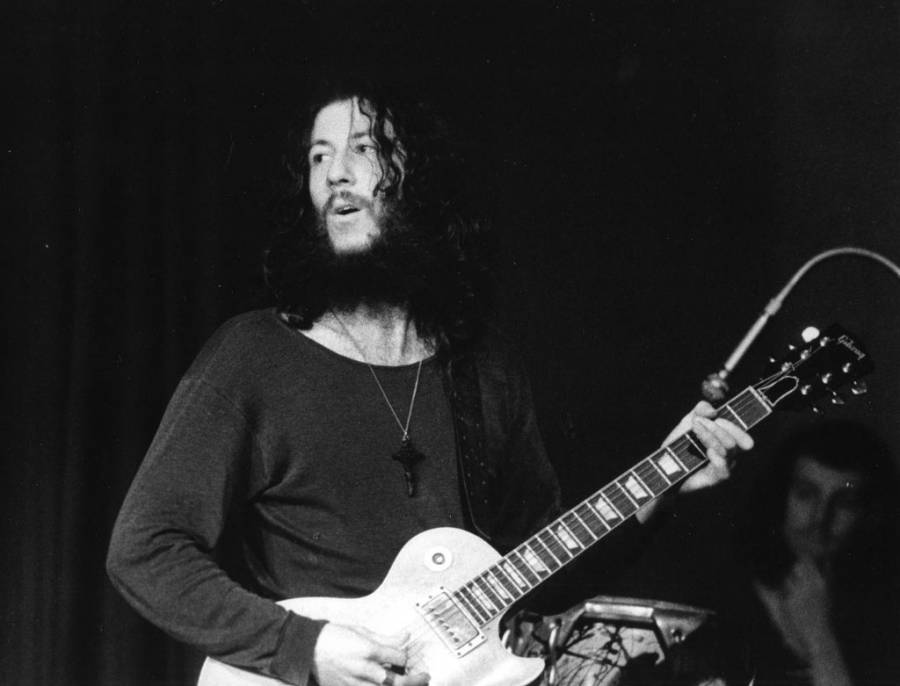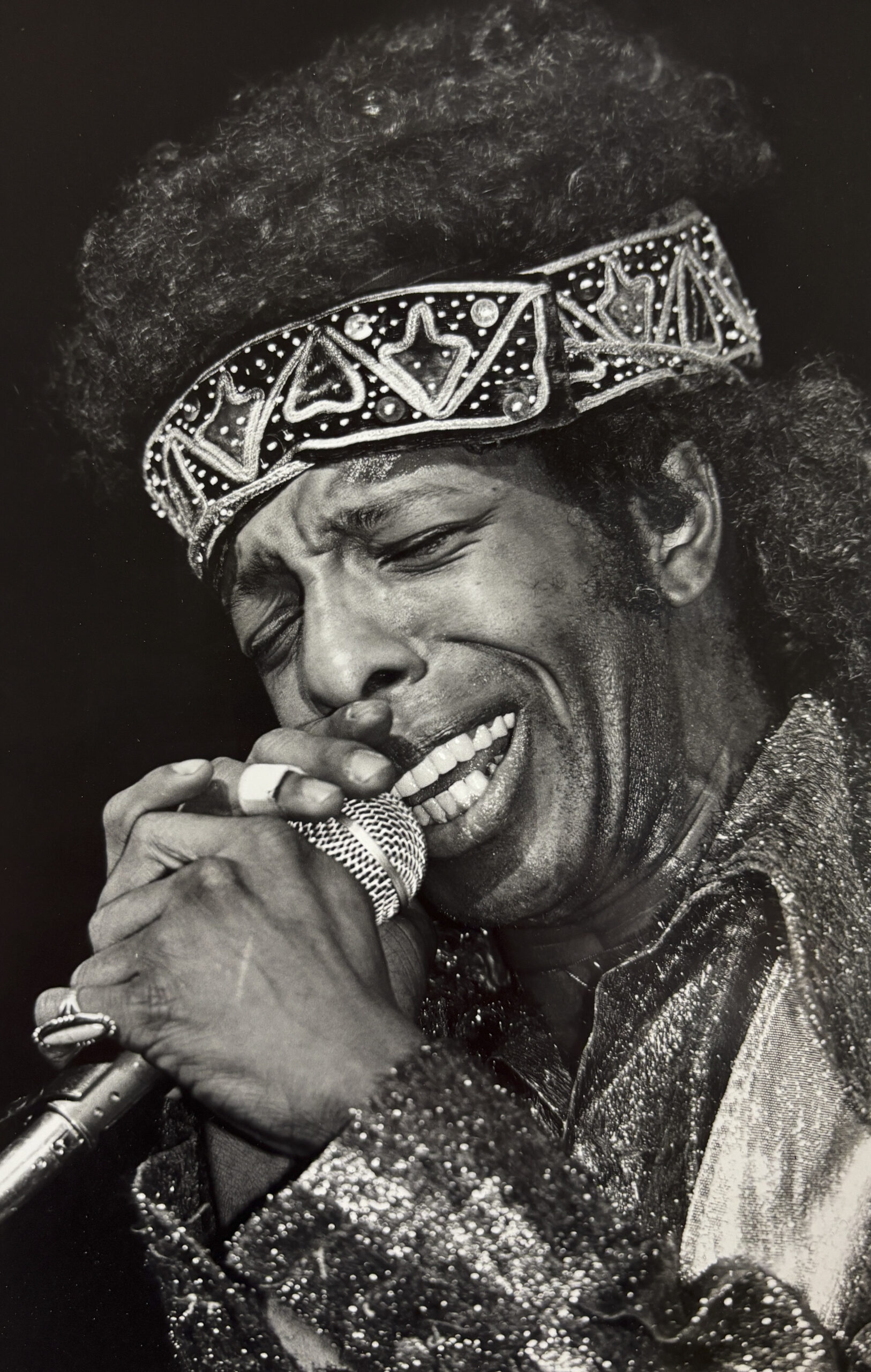
Ah, the 1960s – what a wild, vibrant, and utterly transformative decade for music! It was a time when new sounds exploded onto the airwaves, artists became overnight sensations, and the cultural landscape shifted faster than a psychedelic light show. From the raw energy of rock and roll to the thoughtful narratives of folk, the era produced a soundtrack that defined a generation, filled with unforgettable melodies and voices that still resonate with us today. For many, these artists were more than just musicians; they were the architects of change, the voices of rebellion, and the keepers of peace and love.
But here’s the fascinating twist: for every enduring legend who graced the stage for decades, there were countless others who, despite making a monumental impression, simply faded away. Imagine, in an age before instant digital archives, social media sleuthing, or constant celebrity updates, how easy it was for a star to vanish. One minute they were topping the charts, their faces plastered on magazine covers, and the next, poof – gone. Sometimes it was a deliberate choice, sometimes a result of the relentless pressures of fame, and other times, simply the fickle finger of changing public taste. Their disappearances left fans, and sometimes even history, scratching their heads, wondering, “What ever happened to…?”
We’re about to take a deep dive into the stories of 14 such 1960s music icons who, for a myriad of compelling reasons, did a disappearing act. Some eventually reemerged, perhaps in a different form, while others truly were lost to the shadows. Their tales are a poignant reminder of the transient nature of fame and the profound personal journeys that unfold behind the curtain of celebrity. Get ready to revisit some incredible music history and uncover the fates of these enigmatic figures.

1. **Del Shannon**Del Shannon was an absolute titan of the early sixties, a name practically synonymous with pure rock and roll energy. His monumental hit, “Runaway,” is an absolute single classic, its dramatic shifts and iconic Musitron solo forever etched into the annals of music history. It was one of those songs that just grabbed you, a whirlwind of emotion and melody that felt both fresh and timeless. Even today, countless cover versions of “Runaway” are out there, but as the context rightly points out, none ever truly do Shannon’s original justice.
Beyond “Runaway,” Shannon kept the hits coming with a duo of equally memorable tracks: “Hats Off to Larry” and “Little Town Flirt.” These songs solidified his position as a hitmaker, showcasing his distinctive vocal style and knack for crafting catchy, emotionally resonant tunes. He had a unique way of telling a story through song, drawing listeners into his world with every note.
However, as the decade progressed, a seismic shift occurred in the music world. Beatlemania, closely followed by the broader British Invasion, swept across the globe, fundamentally altering popular tastes and trends. Suddenly, the landscape that had made Shannon a star began to change rapidly. By the time the British wave had fully crashed, Shannon’s career as a consistent hitmaker was, more or less, over. He became, as the context describes, “just a footnote in rock history,” a stark reminder of how quickly the tides of fame can turn, even for the most talented artists.
Read more about: Hollywood’s Growing Stand: Examining the Israeli Film Institution Boycott Pledge and Its Far-Reaching Implications

2. **Johnny Rivers**When we talk about electrifying live performers of the mid-sixties, Johnny Rivers definitely deserves a top spot. The man was pure dynamism on stage, and it’s no surprise that most of his chart successes, particularly his albums, sprang directly from his live recordings. There’s something incredibly authentic and captivating about an artist whose raw energy translates so perfectly from a concert hall to a vinyl record, letting everyone feel a piece of that live magic. His ability to effortlessly connect with an audience was legendary.
Rivers was a chameleon of sound, able to shift seamlessly from the catchy melodies of pop to the gritty riffs of rock, and then smoothly into the soulful depths of blues. This versatility was a rare gift, allowing him to appeal to a broad spectrum of listeners and keep his performances fresh and unpredictable. He wasn’t just a singer; he was a storyteller, a rocker, and a bluesman all rolled into one, always delivering with real ease and conviction.
But just as Rivers hit his stride, the musical cosmos began to realign itself. The second half of the decade ushered in the era of psychedelia – a sound that was all about experimentation, mind-bending lyrics, and elaborate studio production. Suddenly, the raw, unadorned live energy that defined Rivers seemed out of sync with the new trends. As psychedelia moved in, Rivers, practically, was not seen or heard of again. It was a swift, almost silent departure from the mainstream, leaving fans to wonder where that incredible talent had gone, a poignant example of how quickly music tastes can evolve and leave even the most dynamic performers in their wake.
Read more about: You Probably Never Knew These 14 Celebrities Were Involved in Deaths, And The Stories Are Wild

3. **Barry McGuire**Few songs capture the turbulent spirit of the 1960s quite like Barry McGuire’s “Eve of Destruction.” It wasn’t just a song; it was a societal earthquake, a protest anthem that resonated with a generation grappling with war, civil rights, and profound social upheaval. His gravelly, urgent voice became an instant emblem of defiance and a desperate desire for change, hitting the airwaves with the impact of a warning siren. This immense hit song, a protest one at that, truly could make or break an artist’s career – and in McGuire’s case, it fascinatingly did both.
“Eve of Destruction” propelled McGuire into the spotlight with an intensity few artists ever experience. Its powerful lyrics and apocalyptic vision made it a compelling anthem, pushing him right into the heart of the national conversation. The echoes of his message are still heard up to this day, a testament to the song’s timeless relevance and its profound initial impact.
However, the story of Barry McGuire takes an unexpected turn. Just as quickly as he rose to the pinnacle of mainstream fame, McGuire pivoted dramatically. By the 1970s, he promptly disappeared from the secular music scene, choosing instead to focus on Christian music. While his shift showcased an evolving artistic journey and a deep personal conviction, it meant he didn’t make a dent in the mainstream Christian rock music scene where he landed. This decision, while personal, effectively removed him from the wider public consciousness, transforming him into another compelling tale of a star who vanished from mainstream view after delivering one of the decade’s most iconic and impactful protest songs.
Read more about: Rick Derringer, Whose Six-Decade Career Spanned ‘Hang On Sloopy’ and ‘Rock and Roll, Hoochie Koo,’ Dies at 77

4. **Syd Barrett**Syd Barrett is a name steeped in rock legend, famously known as the founding member of Pink Floyd. He was a creative force, an artist whose visionary songwriting and distinctive guitar style laid the foundational psychedelic blueprint for one of the most iconic bands in history. His early contributions were nothing short of brilliant, shaping the sound that would captivate millions. He was the quintessential psychedelic genius, an enigmatic figure at the forefront of a musical revolution.
However, the pressures of fame, coupled with his extensive drug use and burgeoning mental health issues, tragically led to his ousting from Pink Floyd in 1968. This event is, as the context rightly states, “the stuff of rock legends these days,” a pivotal and heartbreaking moment in music history. It marked the beginning of a profound personal struggle that would define much of his later life, transforming him from a vibrant performer into a figure shrouded in mystery and concern.
Though he reappeared briefly for two solo albums, described as “shambolic, but actually great,” these works hinted at his continued, albeit erratic, genius. Yet, these brief moments were fleeting. Barrett soon turned into a recluse, choosing a life of profound seclusion away from the music industry that had both created and consumed him. He devoted his time to painting and gardening in Cambridge, England, living a quiet life largely hidden from public view. His departure from the music scene was complete, leaving behind a haunting legacy of what might have been, a poignant embodiment of the fragility and brilliance of a troubled genius who chose a life away from the spotlight.
Read more about: The Silent Exit: Unveiling the Complex Narratives of 10 Celebrities Who Vanished from the Public Eye

5. **Brian Wilson**Brian Wilson’s story is another legendary disappearance, deeply intertwined with the saga of The Beach Boys. He was the creative genius behind the band’s iconic sound, a musical architect whose innovative songwriting and intricate arrangements shaped the Californian dream for an entire generation. His melodies were the soundtrack to summer, filled with sun, surf, and youthful optimism, and his compositional prowess was truly unparalleled.
The turning point in Wilson’s public presence came during the fraught attempts to complete *Smile*, which was intended to be The Beach Boys’ masterpiece. This ambitious project, though never fully realized in its original form, pushed Wilson to the brink. He suffered a nervous breakdown, a tragic event that irrevocably altered his relationship with music and performance. This mental health crisis initiated his legendary withdrawal from the public eye, impacting his ability to contribute to the band in the same way.
From that point on, Wilson’s contributions to The Beach Boys’ albums became scarce, often involving other members culling his unfinished *Smile* material from the archives. He mainly remained in his bedroom, a reclusive figure whose brilliance was often overshadowed by his struggles. He did no live appearances with the band until the late seventies, and even then, his presence was intermittent, as he “kept appearing and disappearing as time passed.” His journey illustrates the intense personal cost that creative genius can sometimes extract, turning a public icon into an enigmatic figure whose presence in the spotlight became a sporadic, treasured occurrence.
Read more about: Beyond the Blonde Braids: Unmasking Maureen McCormick’s Tumultuous Journey from Marcia Brady to Personal Redemption

6. **Grace Slick**Grace Slick was an undeniable powerhouse vocalist, a voice that was both commanding and captivating, defining much of the psychedelic era. She was at the very forefront of rock music in the sixties, lending her unique vocal talents to Jefferson Airplane, where her performances were electrifying. With hits like “Somebody to Love” and “White Rabbit,” she embodied the counterculture spirit, her voice a clarion call for a new generation.
As the band evolved into Jefferson Starship, their hits became even bigger, further cementing Slick’s status as a formidable presence in rock music. She possessed an incredible stage presence and an undeniable charisma that made her an icon, a true rock goddess. Her influence was immense, inspiring countless artists and fans alike with her fearless attitude and incredible vocal range.
Yet, after an Airplane reunion tour in 1989, Grace Slick made a definitive decision: she had had enough. She chose to give up music completely, stepping away from the demands and pressures of the industry that had been her home for decades. Instead, she decided to devote her time and formidable creative energy to visual art. This marked a profound, deliberate disappearance from the music scene, choosing personal fulfillment over continued celebrity. Her story is a testament to an artist taking control of their narrative, proving that even the most powerful voices can, and sometimes choose to, find new avenues for expression away from the blinding glare of the stage lights.
Read more about: Are You *That* Gym-Goer? Unmasking the 12 Most Annoying Fitness Habits That Drive Trainers (and Everyone Else) Absolutely Wild!

7. **The Association**In the ever-evolving soundscape of the 1960s, The Association carved out a unique and immensely popular niche. They were the undisputed kings of baroque pop and sunshine pop when these genres were truly in vogue, crafting a sound that was both sophisticated and effortlessly catchy. This seven-piece band was huge, known for their equally huge, intricate vocal harmonies that were simply mesmerizing to listen to. They brought a polished, orchestral elegance to pop music, setting them apart from many of their contemporaries.
Their big hits, like “Windy” and “Cherish,” became staples of almost every baroque or sunshine pop collection, instantly recognizable and beloved. These songs perfectly encapsulated the feel-good, optimistic vibe of the mid-sixties, characterized by lush arrangements and soaring melodies. Their popularity was such that they even earned the prestigious honor of opening the legendary Monterey Pop Festival in 1967, a significant moment that placed them firmly in the pantheon of the era’s most important acts.
However, as musical tastes continued to shift rapidly through the late sixties and into the seventies, the polished, harmonious sound of baroque and sunshine pop began to wane in mainstream appeal. While they enjoyed significant initial success, The Association eventually found themselves transitioning from chart-toppers to a band whose music was more appreciated by “audiences lingering within the cult fandom.” Their mainstream visibility receded, but their impact on these specific genres remains profound. Their journey highlights how even immensely popular groups can fade from the immediate public eye, maintaining a dedicated following while the broader spotlight moves on to the next big thing.
Read more about: Honestly, What Happened? 15 Once-Beloved American Foods That Vanished from Our Tables

8. **Paul Revere & The Raiders**Paul Revere & The Raiders were a band that truly embodied a certain kind of fun and theatricality in the 1960s. Fans absolutely adored their big hit, “Kicks,” a track that still gets toes tapping today, and they enjoyed a handful of other chart successes that kept them in the public eye. Their distinctive American Revolution suits were not just a fashion statement; they were part of a playful, poppy rock persona that made them instantly recognizable and beloved by many.
However, as the swinging sixties progressed and musical tastes shifted, the charm of those fancy American Revolution suits and their particular brand of poppy rock began to wane. The music landscape was ever-evolving, and what was once fresh and exciting could quickly feel dated. Audiences were moving towards new sounds and styles, leaving less room for the Raiders’ signature flair.
Unfortunately for the band, this shift proved to be a hurdle they couldn’t quite overcome. As their style went out of vogue, Paul Revere & The Raiders found themselves struggling to maintain their earlier momentum. They were never truly able to recover their mainstream appeal, and tragically, they are now “more or less completely forgotten these days.” It’s a poignant example of how quickly the tides of fame can turn, even for a band that once brought so much joy and energy to the stage.

9. **Skip Spence**Alexander “Skip” Spence was an undeniable talent in the burgeoning psychedelic rock scene of the 1960s, a true force behind the drum kit. He started his journey as the first drummer for the legendary Jefferson Airplane, contributing to their early, groundbreaking sound. Moving on, he became a founder of Moby Grape, where his songwriting prowess shone through, notably with their only big hit, “Omaha.” Spence’s creative spirit was truly something to behold, leaving an indelible mark on every project he touched.
Tragically, Spence’s life took a severe turn as “his overt drug use created serious mental health issues,” leading to a notorious incident with a bandmate that resulted in his hospitalization for six months. This period marked a profound and heartbreaking withdrawal from active music participation, as his personal struggles began to overshadow his immense artistic gifts. It’s a stark reminder of the immense pressures and personal tolls that the music industry, especially during such an experimental era, could inflict on its most sensitive artists.
After his release from the institution, Spence briefly re-emerged to record a solo album, widely “considered as one of the lo-fi classics,” a raw and deeply personal work that hinted at his continued, albeit troubled, genius. However, this was to be his last major musical offering; he “never enter[ed] a recording studio after that.” While he didn’t literally “disappear” in the missing-person sense, his “chaotic life and the obscurity that followed left him off the cultural radar.” His legacy, however, “remains alive through the music he helped create,” embodying the tumultuous and often difficult spirit of the ’60s.
Read more about: 15 Unexpected Menu Items That Make Bartenders Secretly Roll Their Eyes — Straight From the Bar Experts Themselves

10. **The Beau Brummels**The Beau Brummels hold a special, foundational place in the story of 1960s music, particularly for the vibrant sound emerging from San Francisco. Many music historians and fans alike “label these guys, and particularly their huge debut hit ‘Laugh, Laugh’ (produced by one Sylvester Stewart, aka Sly Stone) as the creators of San Francisco’s sixties sound.” This wasn’t just a catchy tune; it was an innovative blend that perfectly captured the burgeoning folk-rock and jangle-pop sensibilities of the era, setting a precedent for many who followed.
Following the success of “Laugh, Laugh,” The Beau Brummels enjoyed a few other hits, solidifying their reputation for crafting melodically rich and harmonically intricate pop songs. Their sound was distinctive, often infused with a melancholic edge that set them apart. They were adept at blending British Invasion influences with a distinctly American folk sensibility, making them a unique and beloved act during their peak.
However, as the decade wore on, the band made a significant artistic pivot, turning their attention towards folk and country music. They released “two great albums in *Triangle* and *Bradley’s Barn*,” showcasing their versatility and willingness to evolve. While these albums were critically acclaimed within certain circles, this shift moved them away from mainstream pop success, transforming them into “a thing of a cult following.” Their initial widespread fame diminished, and they largely faded from the public consciousness, becoming a cherished secret among dedicated fans rather than household names.

11. **The Lovin’ Spoonful**The Lovin’ Spoonful truly lit up the mid-1960s music scene with their irresistible blend of folk, rock, and jug band influences, creating what they playfully dubbed “good-time music.” It’s no small feat that this incredibly talented group could “boast of having seven consecutive top 10 hits,” a testament to their songwriting prowess and melodic genius. Their songs were the soundtrack to countless youthful adventures, and their infectious energy was undeniable.
Among their impressive string of successes, “Summer In The City” stands out as “one of the 1960s signature singles.” This iconic track perfectly encapsulated the bustling energy and vibrant spirit of urban life during the summer months, becoming an anthem that still evokes nostalgia for many today. It was a masterpiece of pop craftsmanship, blending innovative sound effects with catchy lyrics and a driving beat that simply demanded you sing along.
Yet, despite this remarkable and consistent success, the pressures and complexities of fame ultimately “didn’t keep the band together.” Like many groups from that intense era, internal dynamics and external demands took their toll, leading to their eventual breakup. While “only John Sebastian made a bit of a solo name for himself,” particularly with his memorable performance at Woodstock, even that significant moment proved to be fleeting, as his sustained solo career “didn’t last long either.” The Lovin’ Spoonful’s story serves as a bittersweet reminder that even the brightest flames can burn out, leaving behind a legacy of unforgettable tunes.

12. **Arthur Lee**Arthur Lee was, without a doubt, the visionary “main man of legendary Love,” a band that defied easy categorization and left an indelible mark on the landscape of 1960s rock. Love started out with a raw, unbridled energy, pioneering “one of the first proto-punk bands,” before elegantly transforming into “psych rock masters.” This incredible evolution culminated in the creation of *Forever Changes*, an album widely revered as a “classic rock album” that continues to mesmerize listeners with its intricate arrangements and profound lyrics.
However, Lee’s artistic journey, while brilliant, was also fraught with challenges. As he began to experiment further, “turning to prog rock,” he found himself drifting away from mainstream appeal, a move that regrettably led him to “fall into obscurity for two decades or so.” This period of professional quietude was compounded by personal difficulties, as he was “also troubled with legal problems” that further complicated his life and career. It’s a heartbreaking narrative of a singular talent navigating the turbulent waters of artistic evolution and personal strife.
Thankfully, the story of Arthur Lee didn’t end in obscurity. “As the audiences rediscovered *Forever Changes* in the nineties and into the new century,” his fortunes began to shift once more. The album’s timeless quality and prescient sound were recognized anew, bringing him a resurgence of critical acclaim and a dedicated fanbase. This renewed appreciation, however, was tragically “cut short by his premature death,” leaving behind a legacy of a complex genius whose work transcended his tumultuous life, proving that true artistry can endure against all odds.
Read more about: What Happened To The Automotive Star of 1977’s “The Car”? A Deep Dive Into Its Lincoln Mark III Origins, Customization, and Enduring Mystery

13. **Peter Green**Peter Green was a true titan of the blues-rock world, the brilliant “man behind the original version of Fleetwood Mac.” At a time when the band “favored its blues sound,” Green’s soulful guitar work and profound songwriting were the driving force, distinguishing them from their contemporaries. He wasn’t just a guitarist; he was a craftsman of emotion, bringing a raw intensity to every note. Under his leadership, Fleetwood Mac achieved significant success, releasing “big hits in ‘Oh Well,’ ‘Albatross,’ and a few others” that showcased their unique blend of blues power and melodic grace.
Tragically, Green’s immense talent was intertwined with severe personal struggles. “Green also quit the band due to heavy drug use and mental health problems,” a heartbreaking decision that sent him spiraling away from the spotlight at the height of his creative powers. The immense pressures of fame, coupled with his battle with LSD and worsening mental health, proved too much to bear, leading to his abrupt departure from the band in the early ’70s.
For years, Green “lived reclusively,” often finding himself “sometimes homeless or in psychiatric care.” This became his “lost” period, a time when fans had “little knowledge of his whereabouts,” wondering what had become of the guitar legend. While he did make “a tentative return to music in the late ’70s,” and later with “a low-key Splinter Group” in the nineties, he never fully regained his former mainstream prominence. “Despite the obscurity,” Green’s “influence on rock and blues remains profound,” his story “a testament to the complex interplay between genius and personal struggle,” making him an enigmatic but deeply revered figure in music history.
Read more about: 12 Cars That Made Drivers Say ‘Nope, Not Again!’ – Your Ultimate Guide to Avoiding Instant Regret on Wheels
14. **Sly Stone**Sly Stone and his Family Stone were an absolute sensation, undeniably “one of the hottest studio and live acts of the late sixties and very early seventies.” Their revolutionary blend of funk, soul, rock, and psychedelic influences created a sound that was both innovative and irresistibly groovy, smashing racial and musical barriers alike. They were at the vanguard of a new sound, delivering electrifying performances and crafting hits that defined a generation.
However, even the most dazzling stars can falter under the immense weight of their own brilliance and the darker sides of fame. Tragically, “heavy drug use did its thing,” gradually eroding the vibrant energy and creative focus that had made Sly Stone and his band so extraordinary. After their initial peak, Stone began to recede from the public eye, becoming increasingly elusive, and he was “not to be heard of until the new century.” It was a profound and puzzling disappearance for an artist who had once commanded such a powerful presence.
When he did re-emerge, it was often marked by “erratic behavior,” a stark and saddening contrast to his earlier dynamism. His struggles continued, leading to a period where he was “landing him in a trailer, practically forgotten until the most recent Questlove documentary” helped shine a light on his later life. Sly Stone’s story is a powerful, if melancholic, reminder of how quickly even the most groundbreaking talents can be consumed by personal demons, leaving fans to cherish the revolutionary music he left behind while grappling with the enigma of his disappearance.
Read more about: Beyond the Whistle Tones: 7 Celebs Who *Really* Can’t Stand Mariah Carey (And Why!)
As we look back at these incredible artists from the 1960s who graced our airwaves and then, for various and often heart-wrenching reasons, faded from the spotlight, their stories serve as a potent reminder. The music industry, then as now, is a whirlwind of fleeting moments and intense pressures. While some chose new paths, others battled personal demons or simply saw their sound fall out of fashion. Yet, what remains undeniable is the enduring power of the music they left behind. These icons, whether they vanished into obscurity or found peace in a quieter life, carved out indelible legacies. Their tunes still resonate, their innovations still inspire, and their journeys offer a fascinating, often poignant, glimpse into the unpredictable dance between talent, fame, and the passage of time. They may have disappeared, but their songs, quite simply, live forever.




